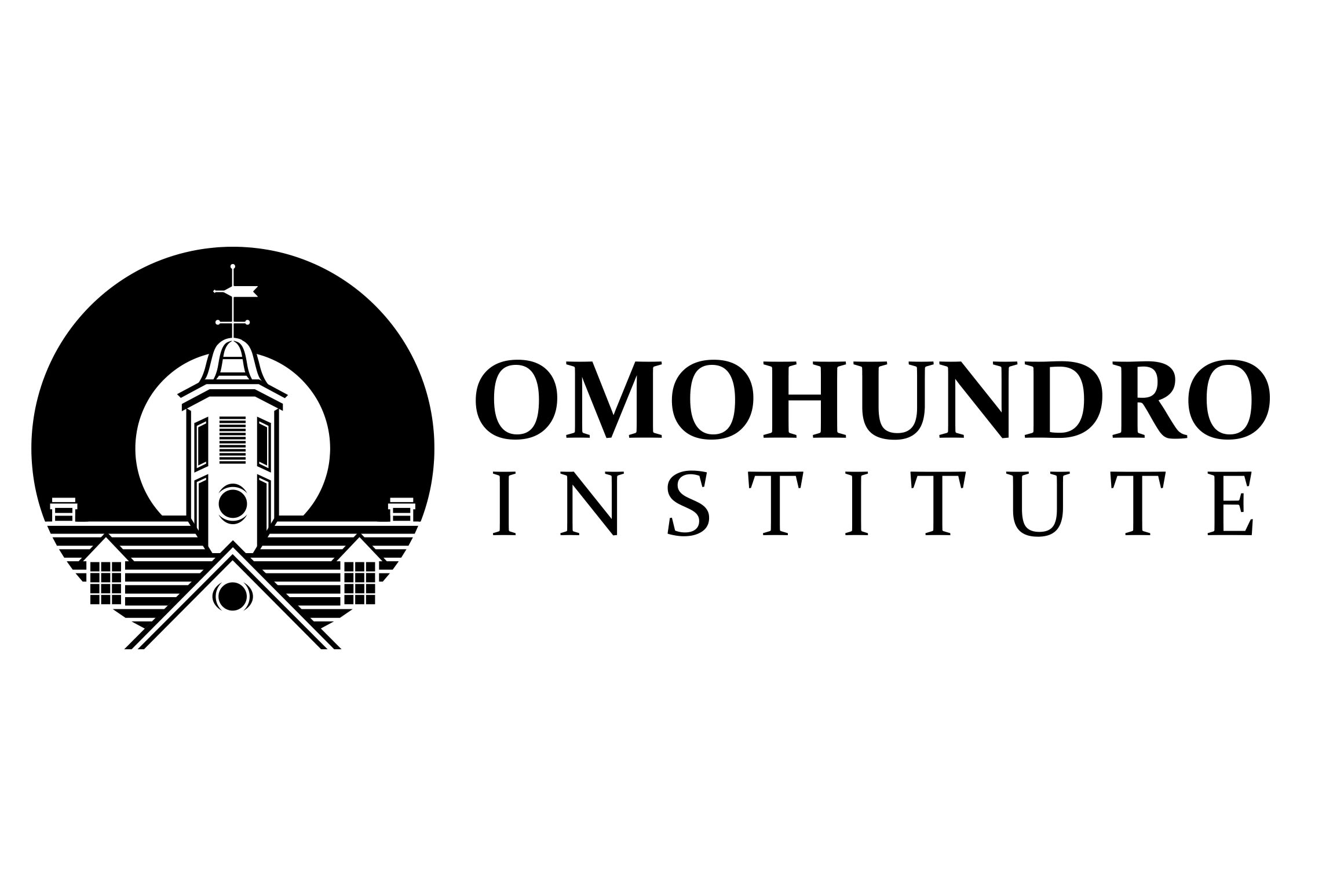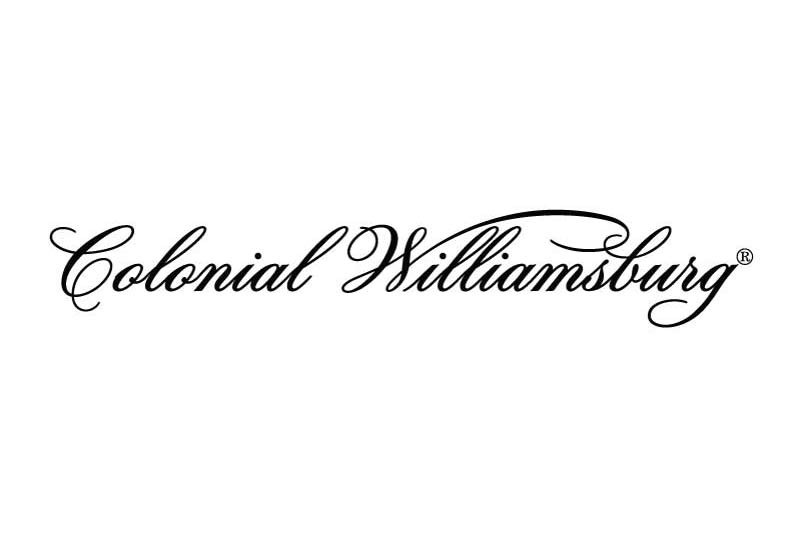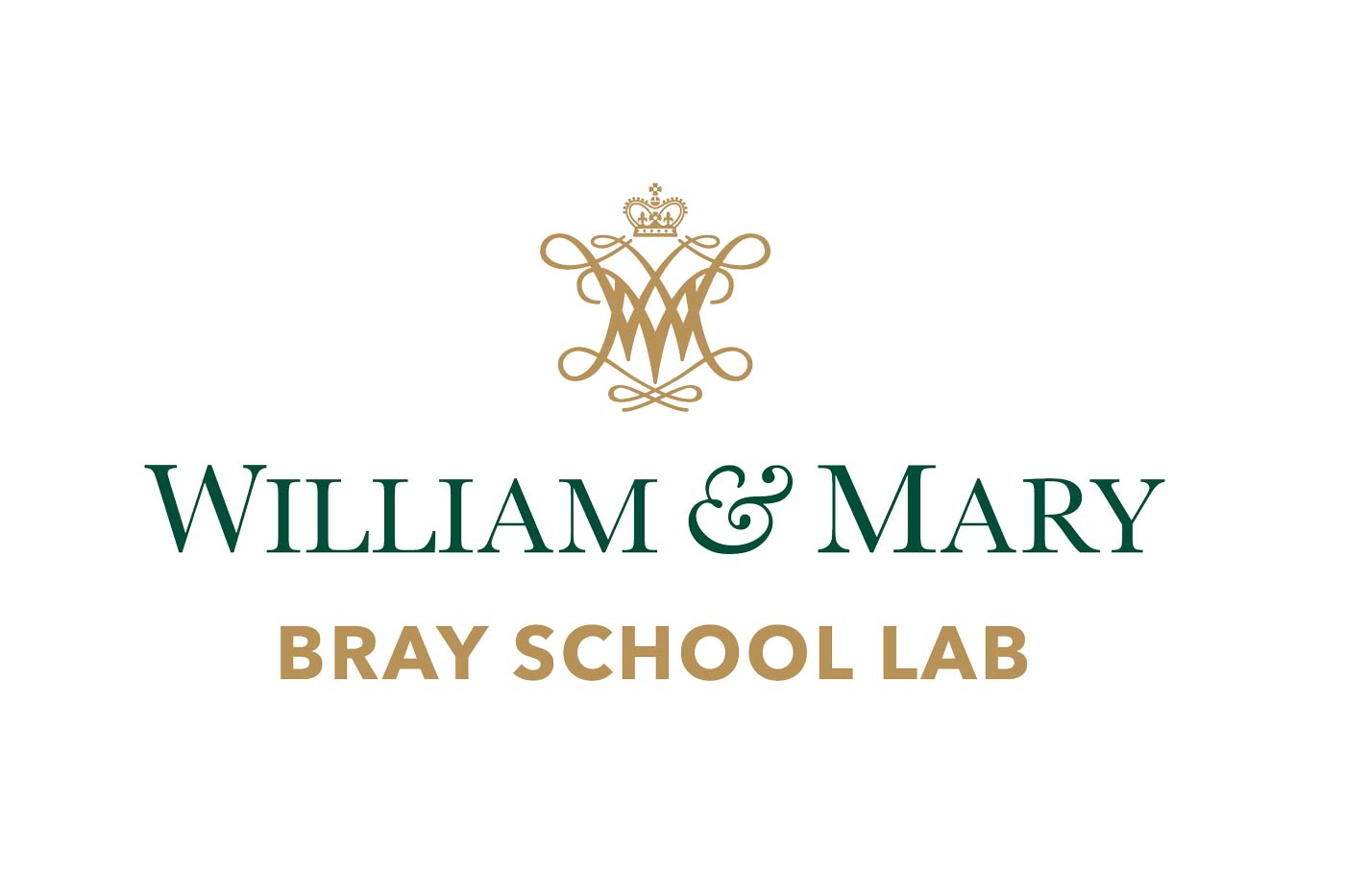



October 24-26, 2024
CALL FOR PROPOSALS
The American Revolution of 1776-1783 implicated Virginia and Virginians in distinctive ways. From the proclamation by former Virginia royal governor Lord Dunmore encouraging enslaved people to join the British and resist the American patriots to the final decisive battle at Yorktown, to the first presidents, Virginia played a pivotal role in the struggle for American independence and the founding of a new nation. Some 200 years later, scholars, curators, interpreters, and educators are transforming our understanding of Virginia in the long eighteenth century, casting new light on the political, intellectual, and social contexts of change in the Old Dominion and the larger Atlantic World.
For 2026: Virginia’s Revolutionary Histories & Beyond explores Virginia’s distinctive role and influence in local and global contexts. The conference leans into innovative approaches to that past through an increased commitment to education strategies and programs, immersive experiences on site at W&M and CWF, along with the traditional focus on leading scholarly work. Sessions that feature integration of these different perspectives within sessions, workshops, or panels are especially welcome.
Sessions will be held in the School of Education on W&M’s campus. Site visits and plenary sessions will take place both at W&M and in the Historic Area of Colonial Williamsburg. Limited events will be available simultaneously via online video, and some events will be accessible for the general public and Colonial Williamsburg ticketholders the day of the event. Details regarding those programs will be made available on this site, as well as the daily programing map & guide for fall programs.
click here to view the full Call for Proposals.
Proposals for individual papers, full panels, workshops, roundtables, site visits, and other proposals are due here by April 30, 2024.
Hosted By The Colonial Williamsburg Foundation, Omohundro Institute of Early American History & Culture, And William & Mary
In 2026 the United States of America will mark the 250th anniversary of independence. This is an unparalleled opportunity for exploring and reflecting upon the American past, the foundation of the nation, and its legacy into the present. Complex, inspiring, and often violent, this period informs our experience as Americans today. The better we understand that past, the better we are equipped to understand ourselves, address the challenges we face, and seize opportunities for the future.
Colonial Williamsburg, the Omohundro Institute, and William & Mary are joining together to host a series of five annual conferences to spotlight emerging research, connect a diverse public to scholars and research, and convene significant conversations about how and why understanding the early American past is especially meaningful today. The first of these conferences, “For 2026: Revolutionary Legacies,” took place October 28–30, 2022.
Colonial Williamsburg is the world’s largest living history museum, dedicated to its mission that the future may learn from the past through its expert and distinctive events, collections, programs, and site interpretation. The Omohundro Institute is the leading hub for inquiry into early American history, broadly understood as all points in the Atlantic World between roughly 1450 and 1820, and supports and publishes the leading research into this expansive Early America. William & Mary is the top-ranked university in the nation for its early American history offerings, and a leader in integrated diversity, equity, and inclusion programming and creating opportunities for civic discourse. Together, our three institutions are committed to serving the public good through historical education and research and outreach to the community, the region, the nation, and beyond. This mission has never been more resonant, or more relevant.
The series of annual conferences leading to 2026 builds on our exceptional legacy of convening scholarly discussions, educating a broad range of learners, fostering community engagement, and connecting the public to expert historical interpretation through events and programs. Each installment features a broadly comparative exploration of a theme central to the era of the American Revolution; in addition, sessions exploring all aspects of Vast Early America are welcomed on the program. The CW-OI-W&M conference series is committed to an expansive, inclusive history of early America that accounts for the diversity of people and experiences of the period. The themes of the conferences are designed to facilitate this commitment and amplify significant new knowledge about this essential period.
All five conferences feature a four-module structure incorporating both public facing and scholarly conversations:
If the American Revolution inaugurated new ways of speaking and thinking about freedom, it also took place in and helped to create a world marked by multiple forms of unfreedom. Within the European-dominated colonies, nations, and empires of early America, slavery and subjugation as well as distinct economic and political constraints curtailed its rhetoric of universal rights. Indigenous polities, too, sought to exercise their own ideas about freedom and unfreedom, while African-descended people struggled to enact projects of liberation and belonging. The contests between and within these groups throughout the Atlantic world were powerfully shaped by the efforts of individuals, communities, colonies, and nations to grapple with the opportunities and challenges of freedom and servitude in an Age of Revolution. The United States’ own contest for and over freedom both emerged in this context and reshaped it in ways that we continue to debate today. Those debates require engaging with early America’s contested freedoms.
The public portion of last year’s event included a series of panel discussions, as well as a keynote address by Annette Gordon-Reed, the Carl M. Loeb University Professor at Harvard University and the winner of the 2009 Pulitzer Prize for History and the 2008 National Book Award as well as over a dozen other major book prizes.
Among last year’s programs was a discussion of how the way we commemorate our history has been revolutionized. Scheduled panelists included Christy Coleman, formerly Colonial Williamsburg’s director of interpretive programs development and currently executive director of the Jamestown-Yorktown Foundation; Ed Ayers, president emeritus of the University of Richmond and one of the founding co-hosts of the history podcast Backstory; and State Senate Minority Leader Thomas Norment. Barbara Hamm Lee, best known as the executive producer and host of WHRO’s Another View, who moderated the panel.
Other panels discussed how research on African American, Indigenous Peoples and LGBTQ+ histories has evolved and how it has been incorporated into public programs. Select sessions were part of the Slate Seminar, supported by the William & Mary Bray School Lab and the Mellon Foundation.